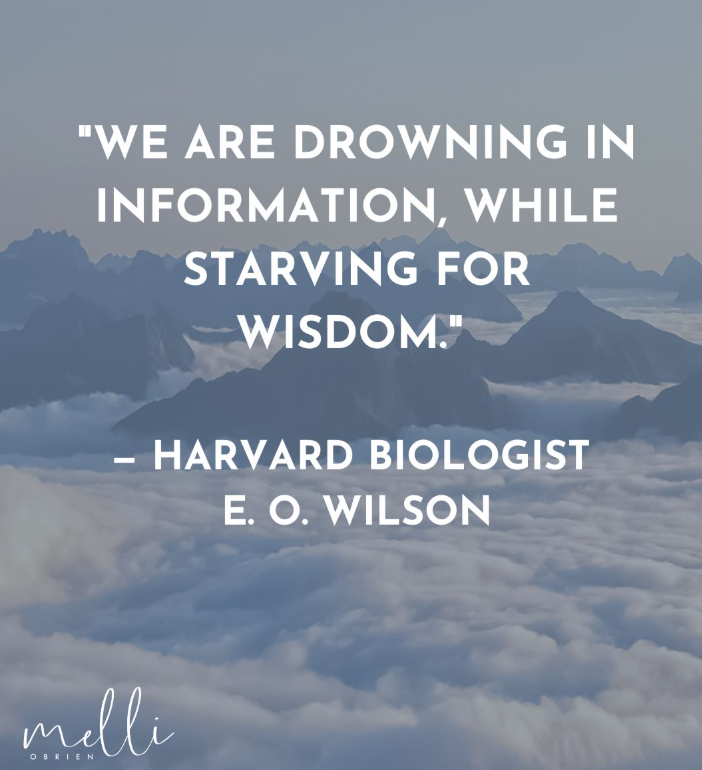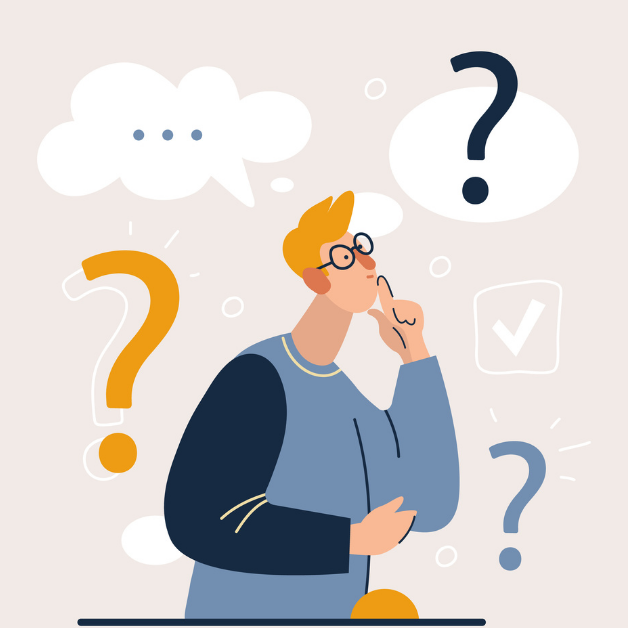The first thing I do every morning upon waking up is to reach for my phone and scroll through the latest news, updates on social media, and endless notifications. On this tiny screen, it seems the whole world has been compressed into the palm of my hand. For a long time, I really believed we were living in an age of unprecedented information freedom, where whatever we want to know is just a click away. But as time went by, I began to feel that something was different: yes, information is freer than ever, but I am not. In front of the flood of endless content, I often feel dragged along, unable to escape. It is weird——we think we are enjoying infinite choices, but actually we are wearing a pair of refined shackles, gently yet firmly guiding us in some directions.

The Fog of Information Sources
In the digital age, there are countless sources: traditional media, social networks, blogs, short-video apps. On the surface, more options should mean easier access to truth. But in reality, we are dealing with information overload, where quantity does not translate into clarity. I often notice how the same event is described in completely different ways depending on the source, each carrying its own bias and agenda. Standing in the middle of this fog, I sometimes don’t even know which version of reality to believe.
And then there’s the algorithm—the core of these invisible shackles. In the past, looking for information involved some randomness and exploration. Now, most of what I see is what the algorithm decides to feed me. At first, I appreciated it: the system seemed to “know me” and pushed content I liked. But over time, I realized my perspective was shrinking. I kept seeing the same kinds of news and opinions, as if the entire world was echoing my own voice back at me. That’s not freedom—it’s an “information cocoon.” Outside lies an endless ocean of knowledge, but I’m stuck in a comfortable little well, circling around the same fragments.
Worse, the content isn’t even about what’s good for me—it’s about what grabs my attention. Whether it’s clickbait headlines or sensational video edits, the goal is simple: keep me hooked. In this economy of attention, every click and every second I linger is a profit point. There was a time I spent hours endlessly scrolling through short videos—funny clips, shocking news, quirky facts. And then I realized: hours had passed, but my mind was empty. That moment scared me. What looked like my free choice was actually the algorithm quietly leading me by the hand, stealing my time and focus bit by bit.
Critical Thinking: Staying Awake in the Flood
Facing such a messy information environment, I’ve come to believe that critical thinking is no longer optional—it’s survival. As E. O. Wilson once pointed out, we are “drowning in information, while starving for wisdom.” In a world saturated with data, speed, and endless updates, Wilson suggests that the future will belong to “synthesizers” — people who can assemble the right information at the right moment, think critically about it, and make wise decisions when it actually matters. As an ordinary person, I can’t change how the whole media system works, but I can at least stay clear-headed and not let myself be swept away.

I’ve learned to pause and verify. When I see shocking news, I don’t instantly believe it anymore. Instead, I remind myself: wait. Don’t rush. Give it time, see if more details emerge, and then make a judgment.
I try to diversify my sources. Algorithms want to keep us in our comfort zones, but I refuse to live inside one echo chamber. So I deliberately follow different types of media and creators, even those whose views clash with mine. It’s not always comfortable, but it’s necessary. Only by hearing multiple perspectives can I notice biases and blind spots.
I’ve started to control my pace. The feed never ends, but my time and energy are limited. I used to be dragged from one trending topic to the next, always afraid of “missing out.” Now, I slow down. I disconnect when I need to, let myself think in silence, and even pick up a book instead of my phone. The world doesn’t collapse just because I don’t refresh for a few hours. On the contrary, I feel calmer, as if I’ve reclaimed a little space in my own head.
And most importantly, I remind myself to think independently. Whenever I see content, I ask: what’s the real intention here? Is it sharing facts, stirring emotions, or just chasing clicks? This habit helps me resist being manipulated by hype and noise. I don’t always get the “truth,” but at least I don’t hand over my thoughts so easily.
Conclusion
So, are we really “free” in the digital age? I doubt it. Sure, information itself flows freely—we can access more than ever before—but our minds aren’t necessarily freer. Underneath the surface, algorithms and commercial interests are quietly shaping what we see, grabbing our attention, guiding our opinions, and narrowing our choices.
That doesn’t mean I think digital technology is all bad. The internet has given ordinary people a chance to speak, to be seen, to connect. But I can’t ignore the unease I feel. In an age overflowing with information, staying truly free has become harder, not easier. Freedom isn’t just about access—it’s about the ability to discern, to resist being dragged along, and to keep hold of our own judgment.
Information freedom, or a shackle? There’s no simple answer. But at least through reflection and effort, each of us can push back in our own way, creating space for a bit of genuine truth.
——————————————————————————————————————————————
Reference
McLuhan, M. (1964). Understanding Media.
Pariser, E. (2011). The Filter Bubble.


This is so true! The digital age, with its technologies, has situated us in a complex and paradoxical situation. On the one hand, it allowed us a space for more freedom; on the other hand, it’s a place where everyone seems to fight for your attention.
I believe that self-reflection and critical thinking are key here. This sea of information also allows you to find who you are and where you stand.